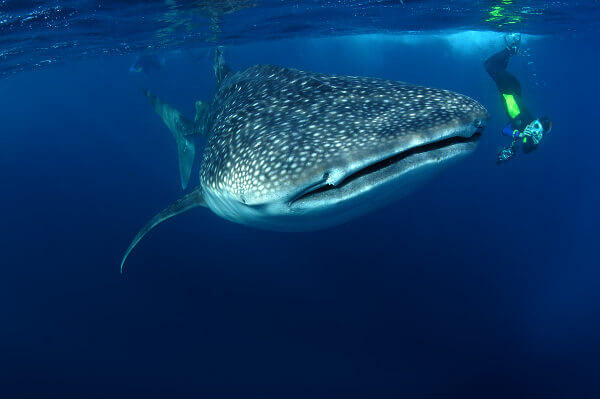It is not new that the global population is being alerted to the risks of dumping the garbage in the ocean. But what science did not expect was the creation of a new ecosystem from this serious oversight. With these residues, new species are invading a new region, which is the open sea, causing competition with the native organisms of this new location.
Accumulation of garbage in the pacific
see more
Research reveals that teenage brains are 'wired' to…
PicPay will now charge a fee for inactivity; see how it will work
As this is the largest strip of garbage accumulation in the Pacific Ocean, the place has earned the sad name of “The Great Island of garbage of the pacific'', being recognized by five great currents that take the garbage to the center of that place and the leave it there.
One of the big issues is that with this large load being transferred, many attackers take advantage of this new location.
This ''big island'' presents itself as an extensive patch, where its main formation is composed of microplastics that go unnoticed by satellites.
However, it becomes very noticeable to navigators in the region, in view of its large concentration of garbage.
Recently, a study was done that revealed an intriguing development. He showed that many species of invertebrate organisms, which are more common in coastal regions, managed to maintain themselves, transport themselves and reproduce in those plastic drifting on the high seas.
ecological imbalance
Plastic, unlike organic materials, takes about 450 years to decompose. The current discovery is that its massive pollution in the seas is leading to the construction of new ecosystems.
These ecosystems, in turn, harbor new species and these normally would not survive in this environment under other conditions.
The creation of this new ecosystem shows the other serious impacts of pollution of the seas, as it demonstrates how this act is impacting the local fauna in ways not yet known to science, with the possibility of profound changes oceanic.
It is still not possible to measure the impacts of these changes, but they are no longer positive, since there is already an internal and external competition of these new species, which may cause an imbalance ecological.



